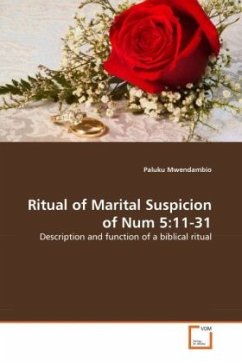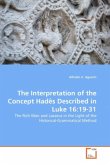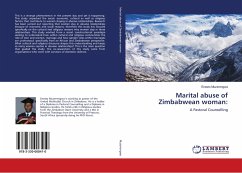Marital suspicion remains a complex issue that generates dysfunctional relationship in modern society just as it was in antiquity. Ancient people dealt with it by using different ordeals such as the one described in Num 5:11-31. The current work aims to clarify the purpose of the ritual of Num 5:11-31. Contrary to the fear, humiliation, abortion, and metaphorical views that assign the ordeal a negative role, this work sides with the view assuming that it played a positive role in the Israelite community by protecting the accused woman. The study expands this view by suggesting that the ordeal was a divine ritual that protected not only the suspected woman but the entire Israelite community. This stance is based on the analysis of the involvement of human and divine participants in the ordeal and the transfer of the case of the suspected woman from the human sphere to God's jurisdiction. As such, the ritual implied: An accused person should be considered innocent until proven guilty; no one should carry out justice for himself; sensitive issues such as suspicion about adultery need not to be resolved by violence they should be referred to God.
Bitte wählen Sie Ihr Anliegen aus.
Rechnungen
Retourenschein anfordern
Bestellstatus
Storno








